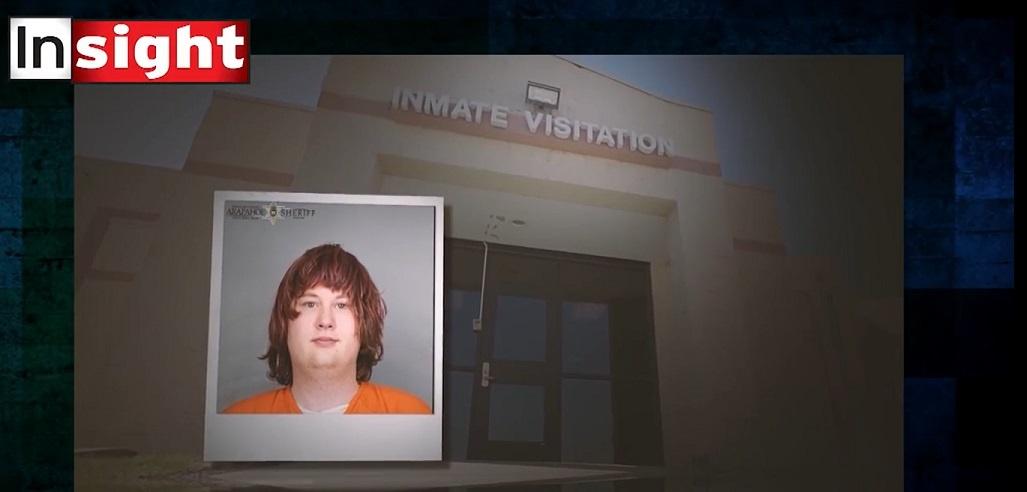A long cycle of mental health holds is repeating itself for Forrest Williams this week.
Williams, who identifies as female, is facing a criminal case for assaulting her mother Judith Wilson with a butter knife in February of 2019. When Insight told the family's story in the January documentary “Breakdown,” Williams was waiting in jail for a mental health evaluation to determine competency to stand trial.
From there, Williams went to the Colorado Mental Health Institute at Pueblo for evaluation and received daily mental health services. After several months, staff at Pueblo determined Williams was competent to stand trial. Williams returned to jail in Arapahoe County, then was released on bond, and was provided medication and a hotel room by the state to await the court case.
Williams’ condition seemed to deteriorate in the hotel room. On Monday, Wilson said local authorities took Williams into custody on a mental health hold, also known as an M1 hold.
Wilson said this same cycle of M1 holds has happened many times before without resulting in any lasting long-term treatment for Williams.
“It is very frustrating. It should not be this hard to get my child help,” Wilson said.
Wilson said Williams was diagnosed as bipolar at age five. She said she tried to get her child into residential treatment programs while Williams was in the hotel room, only to find the programs had admission delays due to the COVID-19 pandemic.
“There are so many roadblocks and lack of services. There's just nothing out there,” Wilson said.
During the COVID-19 pandemic, the state’s efforts to reform its mental health system and provide more access to care have stalled. State officials said they have focused on trying to provide temporary housing like the hotel room where Williams was staying to await trial.
“We can't expect people to recover and stay in recovery, when they're struggling and they don't have a place to live. That's asking too much of folks to maintain their mental well-being,” said Robert Werthwein, director of the state’s Office of Behavioral Health. “We know it's a major barrier. Housing seems to be the common denominator of people struggling in all areas of Colorado.”
Werthwein could not discuss specific cases, but he said inconsistent access to care is a significant factor in patients relapsing into serious mental illness.
“It shouldn't feel like a disruption to the people receiving the services. We, on this end, need to figure out how we make that seamless for them,” Werthwein said.
Werthwein said the state is working to find solutions to provide uninterrupted care for people with mental illness who are going through the court system.
In the meantime, Forrest Williams remains in limbo.
“Nothing's happening ... it's cruel,” Wilson said. “It shouldn't be this way.”



